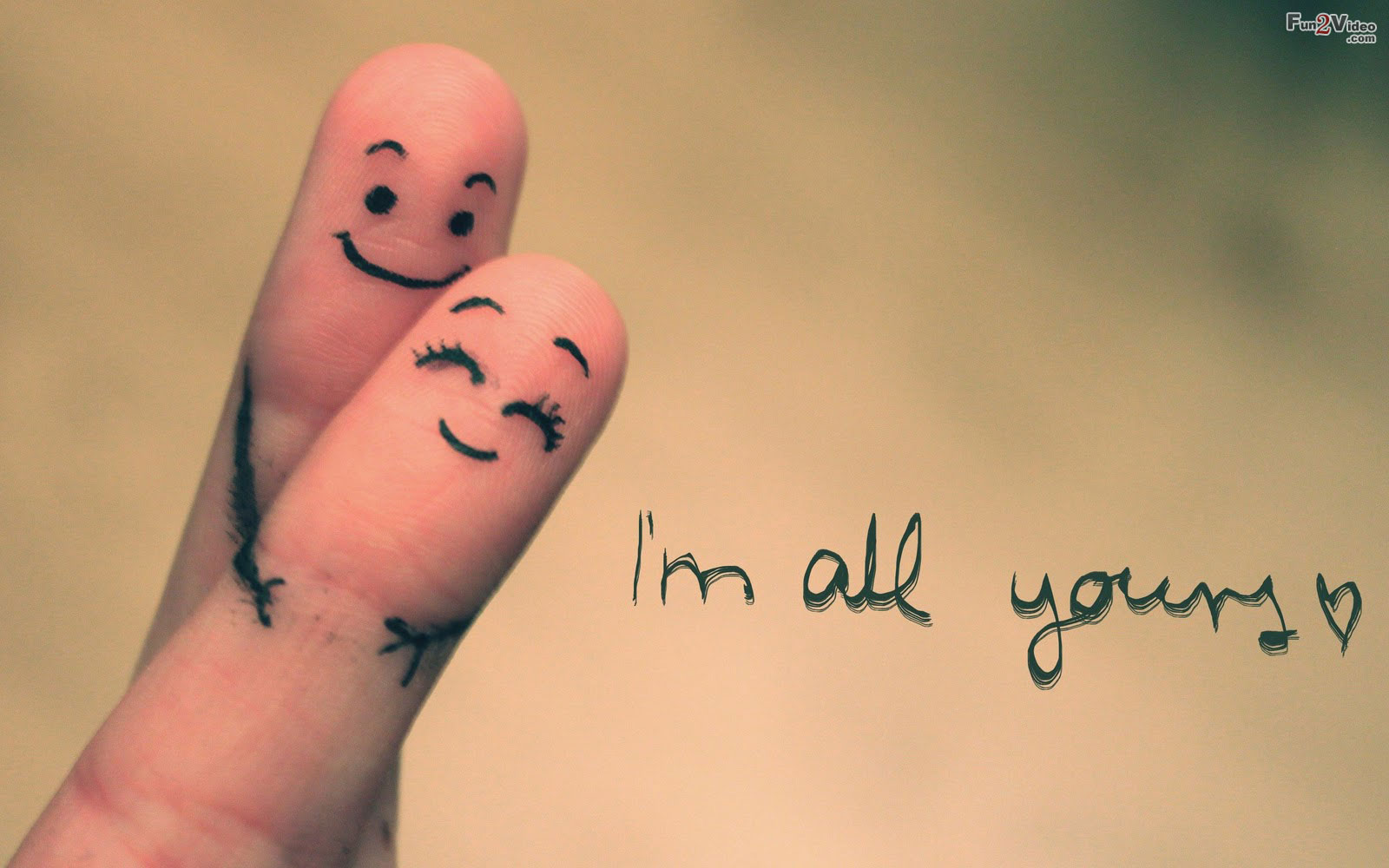I LOVE YOU! What does it mean?
The big “I love you” milestone is at the center of the American rom-com canon, and it’s given the same if not even more weight in real-life relationships.

Its a three-word phrase laden with all sorts of meaning — saying it signals that we’re officially committed, we prioritise one relationship over the rest, we’re ready for marriage or even that we’re ready for sex. We seek out the sentence at certain moments and according to certain timelines. And when we don’t hear the words we’re looking for? That can trigger a tailspin.
But does saying “I love you” actually indicate anything about the health and quality of our relationships? According to science, not necessarily.
We don’t actually need “I love you” to express love.
A 2005 study done by researchers from Baruch College/City University of New York found that saying “I love you” hasn’t actually been a longtime standard; in fact, use of the phrase was found to have increased since the beginning of the 20th century.
“‘I love you’ was not as widely used in the United States until a number of sociological changes in the 20th century started extolling greater emotion expression,” the researchers write, citing the rise of feminism and the “free love” vibe of the 1960s.
Moreover, Americans are much more vocal about who they love than those in other cultures. According to the study’s findings, Americans tend to be more communicative about their “innermost personality layer” and display higher self-disclosure; other countries’ cultures are more reserved, with people typically displaying only their “outermost personality layer.” This means that Americans are far more comfortable verbally communicating feelings that other cultures might consider a private matter, including love.
“I love you” doesn’t always mean what we think it does.
As relationship expert Margaret Paul points out, the English language has one word for “love.” Sanskrit, on the other hand, has 96 words to describe love in all different forms. It’s no wonder that in English, the meaning of “I love you” can often be misinterpreted.

Part of that interpretation relies on context. For example, it’s normal to be skeptical if someone says “I love you” before having sex for the first time. Josh Ackerman, a social psychologist at the MIT Sloan School of Management in Cambridge, Massachusetts, told Discovery News, “If someone says ‘I love you’ after sex, it’s a better indicator of how they are actually feeling. There is no ambiguity that they are trying to get something else out of it.”
That doesn’t mean “I love you” is always manipulative, of course. But context matters. Susan Krauss Whitbourne, a professor of psychological and brain studies at the University of Massachusetts, “It is indicative of your relationship standing to say ‘I love you.’ but with the qualification that it’s not being used for some sort of short-term gain.” That said, “I love you” has come to have at least one specific meaning, one we generally trust: commitment. “Because our society places so much significance on this expression of intimacy, the first time it’s stated and reciprocated, the more likely it is to lead to a stronger sense of emotional commitment,” said Krauss Whitbourne.
The absence of “I love you” doesn’t mean the absence of love.
Commitment, however, can exist without “I love you.” In fact, the Baruch College/CUNY study found that newly established couples seem to use the term more often, but studies have shown couples that have been together longer seem to say “I love you” less often. Does this mean those relationship are suffering?
In short, no: Jeremy Nicholson, a psychologist who writes for Psychology Today, “Saying ‘I love you’ on a regular basis is not always indicative of relationship status. A better indicator is how the partners actually treat and care for each other. Without loving behaviors backing it up, saying ‘I love you’ is just an empty expression.” Like the saying goes, talk can be cheap. Furthermore, many couples say “I love you” out of “habit, expectation, reciprocation or to get what they want from a partner,” according to Nicholson.
Case in point: A recent poll found that couples stop saying “I love you” to each other over the years, even if they still care about each other. a YouGov poll of 2,071 British adults found that about 50% of respondents in relationships of between two and five years say “I love you” every day. But only 33% of couples who’ve been together more than 10 years say it daily, and that drops to 18% for relationships that have lasted over 50 years. “I love you” can fade away, even if couples still care about each other.
It never hurts to text your significant other a simple “I love you.” But what matters most are your actions and how healthy your relationship actually is, without sweating three simple words over everything else.





